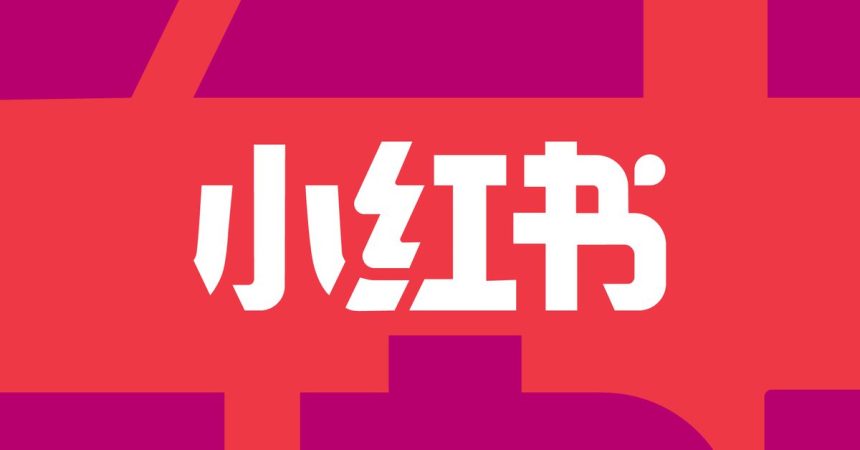The recent influx of American users to the Chinese-owned social media platform, RedNote, following discussions of a potential TikTok ban, presents a potent irony. The proposed TikTok ban, intended to protect Americans from potential data harvesting and foreign influence by the Chinese government, has inadvertently driven users to another platform potentially posing the same risks. This highlights a crucial point – the focus on national security concerns can sometimes overshadow the broader implications of such policies, especially when alternative platforms with similar vulnerabilities exist.
The Protecting Americans from Foreign Adversary Controlled Applications Act, signed into law last year, provides the framework for such bans. While specifically mentioning TikTok and its parent company ByteDance, the Act’s criteria are broad enough to encompass any social media platform with over one million monthly active users, controlled by a foreign adversary (including China, Russia, North Korea, and Iran), and not primarily dedicated to reviews. RedNote, headquartered in Shanghai, falls squarely within these criteria, making it a potential target for similar scrutiny. This raises questions about the consistent application of these regulations and the potential for future actions against other foreign-owned platforms.
The process for implementing a ban involves a series of steps, initiated by the president. First, a public proposal declaring the app a significant national security threat, followed by a report to Congress detailing the specific concerns and required divestitures. Subsequently, a final determination is made after a 30-day period, granting the company 270 days to divest and satisfy the requirements. The company can challenge the law in court within the first 90 days. This process allows for a degree of due process and legal recourse, while also empowering the president to enforce the ban if necessary.
A successful divestiture, removing the app from foreign adversary control and severing any future operational relationships, can prevent a ban. The president, through an interagency process, determines whether the divestiture meets these criteria. Failure to comply leads to the app’s removal from US app stores and hosting services, effectively shutting it down within the country. This mechanism emphasizes the importance of severing all ties with the foreign adversary, ensuring the app operates independently and free from potential influence.
TikTok, explicitly named in the law as a national security threat, faces a near-certain ban, with the divest-or-ban process already in motion. ByteDance subsidiaries, including the social networking app Lemon8, are also likely to face scrutiny. However, the president has more discretion regarding other apps like RedNote. This differential treatment raises concerns about selective enforcement and the potential influence of political factors on these decisions.
RedNote’s future in the US hinges less on its operations and more on the political landscape. While it currently has a comparatively smaller user base than TikTok, its growth and the potential for political activism on the platform could draw attention, especially if it antagonizes powerful figures or disrupts existing power dynamics. The evolving US-China relationship and the potential for broader crackdowns on Chinese apps further complicate the situation. Ultimately, RedNote’s fate will depend on a confluence of political, economic, and social factors, making its future difficult to predict with certainty.



